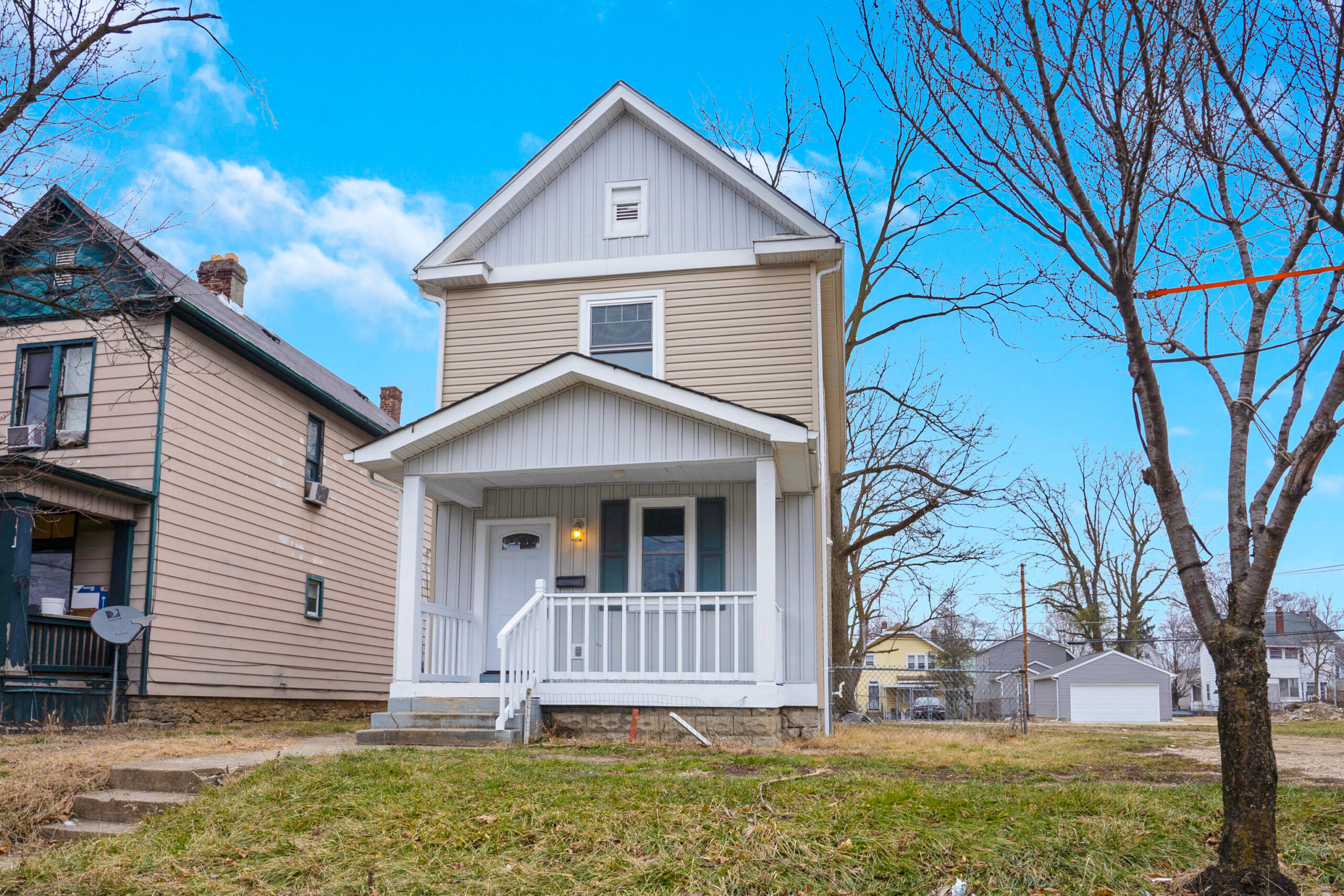Real Estate Deal Analysis & Advice
Market News & Data
General Info
Real Estate Strategies

Landlording & Rental Properties
Real Estate Professionals
Financial, Tax, & Legal
Real Estate Classifieds
Reviews & Feedback
Updated over 2 years ago, 04/14/2022
First Flip Fail (featuring chickens)

Lead Source: Wholesale
Strategy: Flip
Purchase Price: $103,000.00
Rehab Budget: $55,529.00
Resale price: $148,000.00
Overall Return

854 Lockbourne was our first flip and a case study for what NOT to do when investing in real estate.
Where do I start even start with what went wrong...
We bought with cash instead of financing in order to make our offer more competitive. We also bought from a wholesaling group and paid a wholesale fee of twenty thousand dollars. When we analyzed the deal, we came up with an unrealistic after repair value due to incorrect features information. When we did our inspection, we did not make sure utilities were on before our guys went though.
After buying a deal that we should never have bought, we then compounded on that error by allowing a contractor to do most of the scoping for us. He was selling us on a “fixed” budget, i.e. a budget where the price was guaranteed at the onset and not broken out into line items in any serious way. As hard as it is to believe now, this sounded great to us back then in a market with tight margins.
Once the project started, we discovered that gas lines throughout the house were leaking (this is why you make sure utilities on!). This meant weeks of costly repairs before we could even start the renovation. After that, change orders and random delays began to mount. Despite the assurance from the GC on this project that things were going according to plan, we passed deadline after deadline on the way to finishing at least seven months behind schedule.
Then came the showings. I will spare you details like falling out of contract due to windows being inexplicably nailed shut, but for comedic relief I will highlight the pain culminating in complaints that there were random, free-roaming chickens pecking around our yard and putting off potential buyers due to a negligent neighbor.

We ended up needing to take it up with the city to reign these fowls in, an action that caused the spiteful neighbor to tank a number of our other showings.
The end result of all this was losing at least $30k (and probably more when it was all said and done), locking up the capital for ten months, and dealing with a two month long, stressful process of trying to sell and falling out of contract three times for various, silly reasons. Investing at a distance is difficult, and a misstep like this was probably inevitable. Still, it’s hard not to look back on this one and laugh at our performance.
One is that our loss here was pretty minimal considering the extent of the error. Part of the reason we chose Ohio is that low purchase prices make failures like this painful, but not ruining.
Another positive is that the money spent to learn our lesson here was our own and not our investors’, which again was premeditated. We knew we would be bad at first and so resolved not to take on money until we had reliable systems. Having made every mistake in the book with our first few projects, we are now confident our system won't produce this kind of product again.
We now source our own deals, build our own project scopes, and have thorough, automated due diligence benchmarks at all steps of the process to minimize risk and facilitate execution. Given all that, mistakes like these have ended up being more valuable then the projects that are completed without a hitch.
